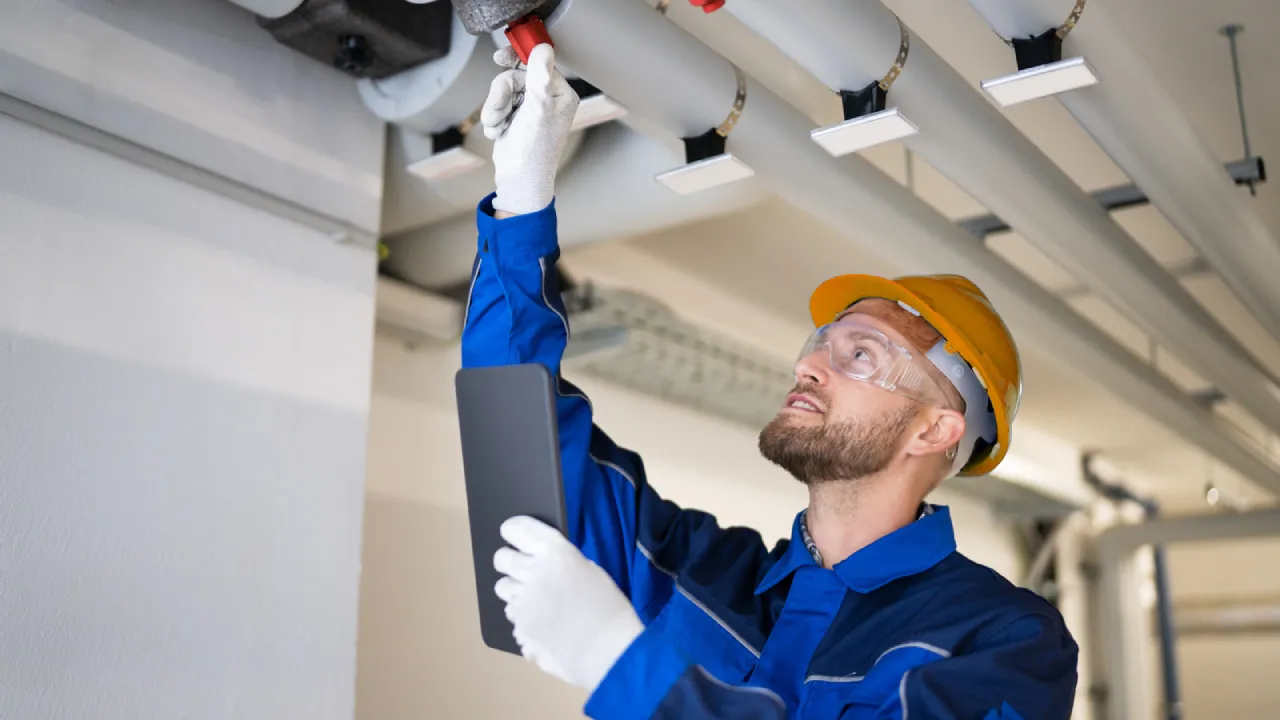
Do Finished Basements Need Inspections?
Finishing your basement is an exciting endeavor that not only enhances the comfort of your home but also adds significant value to your property. However, the journey doesn’t end once the last piece of furniture is in place and the final coat of paint is applied. To ensure your newly remodeled basement maintains its perfect condition, it is crucial to answer the question: Do finished basements need inspections?
The Importance of Routine Inspections
Routine inspections are the backbone of maintaining a finished basement’s integrity. These inspections involve a comprehensive checkup by a professional to identify leaks, potential water damage, and other issues that might arise over time. Think of it as a proactive measure to catch problems before they escalate into costly repairs.
Proactively inspecting your finished basement can save you both time and money in the long run. By investing in periodic inspections, you can catch issues like cracks, holes, or water seepage early on, preventing more extensive damage. Remember, a stitch in time saves nine!
DIY vs. Professional Inspections
While some homeowners may be tempted to take a DIY approach to basement inspections, it’s important to recognize the limits of your expertise. A professional inspector comes armed with knowledge, experience, and specialized tools to uncover potential problems that might go unnoticed during a DIY inspection.
Sure, you can clean out your stormwater sump pump and water-test it, but what about the intricacies of testing ejector pumps or examining foundation walls for structural damage? Entrusting these tasks to a professional ensures a thorough and accurate assessment, giving you peace of mind that your basement is in top-notch condition.
Essential Steps During a Basement Inspection
So, what exactly happens during a professional basement inspection? Here’s a quick rundown:
- Clean Out Your Stormwater Sump Pump and Water-Test It: A critical step to ensure proper functioning and prevent potential flooding issues.
- Ensure Your Stormwater Sump Pit Is Cleaned Out: A clean pit prevents clogs and allows efficient water drainage.
- Flush Out Your Fittings and Discharge Lines, Then Test Them: Checking and cleaning these components is vital for the overall functionality of your basement water systems.
- Replace Your High Water Alarm Battery: A small but essential detail to ensure your alarm system is ready to alert you in case of rising water levels.
- Ensure Backup Sump Pump Has a Good Battery and Good Mechanical Operation:This ensures your backup system is ready to kick in if the primary pump fails.
- Test the Ejector Pump: A critical component for homes with basements below the sewer line, ensuring proper disposal of wastewater.
- Look for Any Problems with Downspout Extension and Yard Drainage: Addressing these issues prevents water from pooling around your foundation.
- Examine the Walls of Your Foundation for Any Damage to the Structure and Seepage: Identifying structural issues early on prevents major repairs down the line.
Schedule Routine Checkups for Peace of Mind
To maintain the longevity of your finished basement, it is recommended to schedule periodic routine inspections. This proactive approach ensures that your finished basement and backup water systems work seamlessly, providing you with peace of mind. Regular inspections not only extend the life of your investment but also keep it safe from potential water damage for years to come.
In conclusion
The answer to the question, “Do finished basements need inspections?” is a resounding yes. The benefits of routine inspections far outweigh the costs, both in terms of money saved on potential repairs and the peace of mind that comes with knowing your basement is in top condition.
To get started with basement finishing in the Parker, Colorado area, talk to an A+ Basements contractor today at (720) 688-0158 / info@aplusbasements.com



